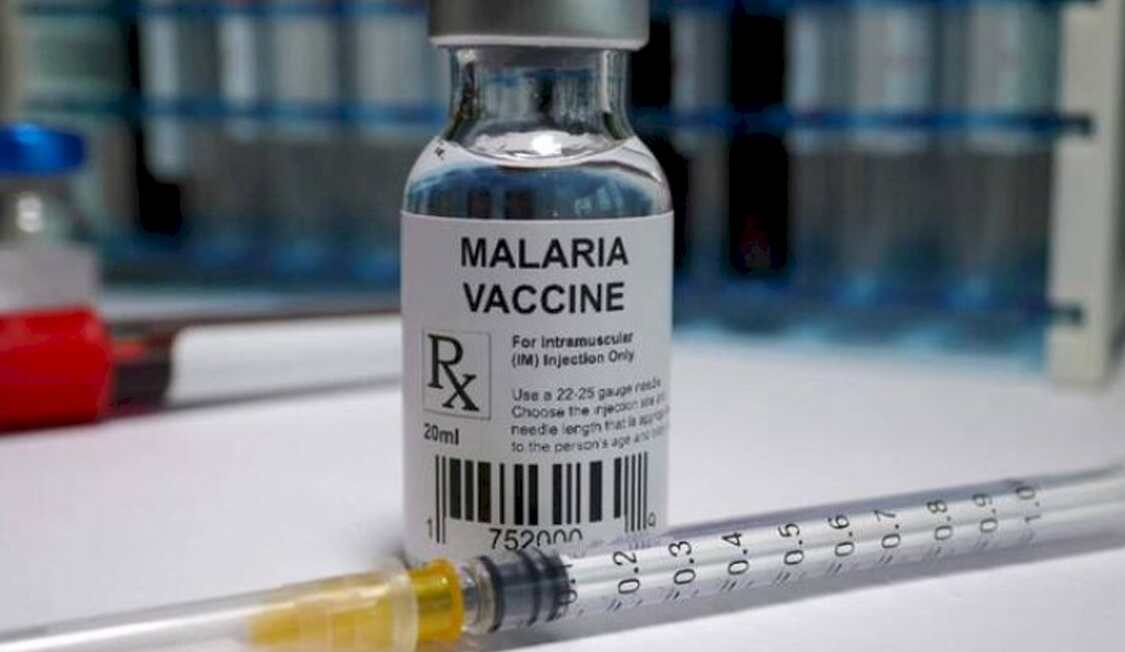A historic win

Amidst a flood of bad news worldwide comes a ray of hope, a historic first. This week WHO approved the first-ever vaccine against malaria, one of humanity's oldest and most deadly infectious disease foes. Every year, the parasitic disease kills anywhere from 500,000 to close to a million people across more than 90 countries worldwide. Here are a few more grim figures to paint the picture. In 2019, the world recorded a little over 400,000 deaths from malaria. Of these, a gut wrenching 67 per cent were of children younger than five. These numbers also reveal how unequally this deadly disease takes its toll worldwide. In 2019, the world reported around 229 million cases of malaria of which 94 per cent occurred in the WHO Africa region. The idea of presenting these numbers is simple. Malaria is a terrifying disease we have always lived with. Even as we react with silent, grim horror at the growing COVID death count, news of hundreds of thousands of young children dying every year has become background noise for most of us. It's simply a horror we live with. Of course, we have made advancements in combating this deadly killer. From something as simple as getting insecticide treated beds for vulnerable populations to recent innovations in therapies and rapid testing. Through the use of such measures, the last two decades have seen annual malaria related deaths come down to nearly half of what it used to be. Regardless of a true solution, the malaria problem has continued evading us. A lot of it has to do with a lack of funding and specific interest from big pharma in developing a vaccine for malaria. But it also has to do with the incredible complexity of making a vaccine against any kind of parasite. Even acquired immunity from surviving malaria only helps for a short period of time. But now things have changed. In the age of the COVID-19 pandemic, science has taken a big step forward in doing things previously not thought possible. One of them is this new vaccine called Mosquirix. A few things to note before the excitement of human progress overtakes everyone. It is important to note that this vaccine is first-generation vaccine with no precedent before it for any similar kind of vaccine. This means that as spectacular as it is, it's early work. Clinical trials for the same showed that the efficacy of this vaccine dropped to around 50 per cent against severe cases within the first year and close to zero by the fourth. The vaccine was also not tested to measure its impact on deaths but WHO has noted that its effects on severe malaria provide a reliable proximal indicator of how it would affect mortality. The idea here is not to market this a wonder drug but rather as one of the new tools in the kit. For optimal efficiency, doctors intend to pair this vaccine with preventive drugs that are given during high transmission seasons. The expectations are considerable. A modelling study showed that if this vaccine were to be rolled out in countries with high rates of malaria, it could prevent 5.4 million cases and around 23,000 deaths every year in children younger than five. A cynic may say this a small drop in a big bucket and that the vaccine won't have a big enough impact. But the answer to such cynicism is that even one death prevented is better than none. More importantly, this is just the start. With this vaccine, humanity finally stands at the starting point in its fight to eliminate malaria for good. But complacency must not creep in. As is the case with all good things, the fate of this vaccine will be decided by funding and market interest. If Gavi, the global vaccine alliance, finds this to be a worthwhile investment, it will spend money acquiring the vaccine for the poor nations that desperately need them. This could be complicated given that Gavi has other priorities right now with COVID on the cards. The vaccine also has more than its fair share of sceptics who might hold up the process. But that is a discussion for another time. Today humanity can have hope that science has chalked up one more small victory for human civilisation.



